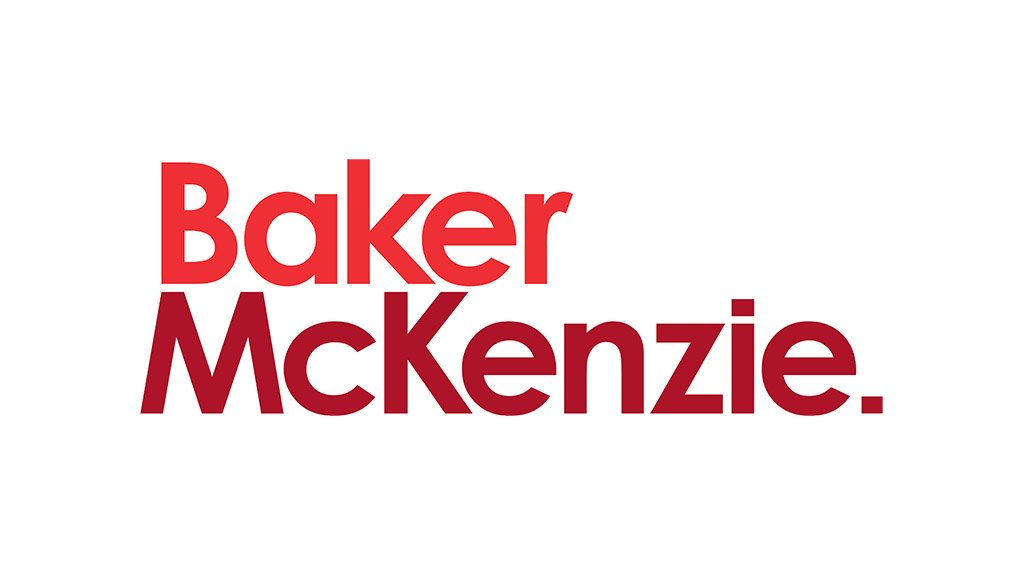Despite the ongoing regulatory and policy uncertainty, Africa is starting to see a noticeable increase in Corporate Power Purchase Agreements (PPAs). Corporate PPAs allow for the direct procurement of renewable energy from Independent Power Producers (IPPs), and as such they are seen as a way for companies to reduce their carbon footprint and save on energy costs.
Interest in corporate PPAs in South Africa is set to rise even further with the introduction of a carbon tax in June 2019, along with the finalisation of the practical implementation of the 2015 Paris Agreement at the Katowice Climate Change Conference, both of which encourage corporates to set targets for the reduction of carbon emissions. As a result, many major global corporates have joined the RE 100 Club, where a corporate commits to obtaining 100% of its energy from renewable resources. The big driver in terms of corporate PPAs, however, will remain the economic benefits, because while non-renewable energy costs are increasing, the price of renewable energy is becoming cheaper.
The regulatory framework
In terms of South Africa’s current regulatory framework for the energy sector, the draft Integrated Resource Plan (IRP) is expected to be finalised soon. The overall energy mix in South Africa will be determined by the new IRP, and within the IRP, corporate PPAs should fit into the section covering distributed generators. We hope that the allocated megawatts in the soon to be finalized IRP will be sufficient to meet the demands off the likely corporate PPA market, as the current draft of the IRP only allows for 200 megawatts for distributed generators. We think the market is much greater than that.
Those wanting to enter into corporate PPAs have to refer to the Electricity Regulation Act, to see whether they qualify for an exemption, or if they need to apply for a licence. Those projects required to apply for a generation licence will need to show compliance with the prevailing IRP.
It is hoped that the much needed regulatory changes will create a certain and enabling regulatory environment to facilitate a liberalized electricity market as opposed to a vertically integrated market. As we witness an evolving world of energy transition based on, inter alia, the principles of sustainability, access and affordability, innovation and customer choice ,the transition must not be hamstrung by an inflexible and antiquated regulatory environment.
Benefits of Corporate PPAs
There are many benefits to purchasing electricity via a corporate PPA. Firstly, corporates can avoid periodic increases in electricity by securing a long-term, fixed-price supply, and they could also potentially reduce their energy costs through falling technology costs, including wind, solar and battery storage, thereby achieving price certainty.
Further, renewable energy targets can be achieved via corporate PPAs, and reducing carbon emissions could protect supply chains and asset portfolios from continued climate change impacts. A corporate PPA therefore presents a neat instrument for corporates to evidence their compliance with climate change actions and report on carbon emission reduction targets.
Corporates could also be instrumental in supporting new renewable energy projects in Africa, as PPAs are critical to facilitating the development of new renewable energy facilities.
The structure of corporate PPAs
There are two main structures applicable to a corporate PPA in South Africa.
The Behind the Meter structure involves renewable energy projects being installed on or near the corporate’s premises. The corporate agrees to purchase all of the electricity generated by the project and any demand unmet by the on-site project is serviced via a separate electricity supply contract with the local electricity supplier.
By using this structure, a corporate could avoid both the complexity of having an electricity supplier involved, as well as the expensive network charges. Electricity could also be partially fixed and should decrease to reflect the lower cost of renewable energy. Further, marketability and traceability of the clean energy project are easy. However challenges include that there may not be sufficient on-site space to house the infrastructure and many corporates are tenants in buildings requiring landlord approval, which landlords may be reluctant to give.
In the Wheeled or Direct structure, the corporate buys electricity from a specific renewable energy project, via the electricity supplier's network. In return for wheeling its electricity, corporates pay the electricity supplier a wheeling charge.
In addition to the usual advantages of a reduction in costs, the ability to pool offtakers and no land requirements, there are also potentially limited procurement compliance requirements with this type of structure, provided there is no liability on Eskom’s or the municipality’s books.
The key challenge of this structure is to manage and mitigate system risk, i.e. the failure of the electricity supplier to wheel power. Allocation of this risk will be hotly contested. However, thorough due diligence of the network capacity and the use of Eskom's "banking" policy are two ways in which this risk can be managed. The wheeling charge might also be excessive, leading to further commercial risk.
We suspect that we will see a lot of innovation in the structuring and financing of corporate PPA transactions in the future, with possibly the aggregation of the loads of various offtakers to make the projects more financeable from both a risk and reward perspective, but also from an impact perspective. Environmental, social and governance issues will also need to be addressed.
Written By Kieran Whyte, Partner and Head of the Energy, Mining and Infrastructure Practice, and Mike Webb, Senior Associate, Baker McKenzie Johannesburg
EMAIL THIS ARTICLE SAVE THIS ARTICLE ARTICLE ENQUIRY
To subscribe email subscriptions@creamermedia.co.za or click here
To advertise email advertising@creamermedia.co.za or click here











